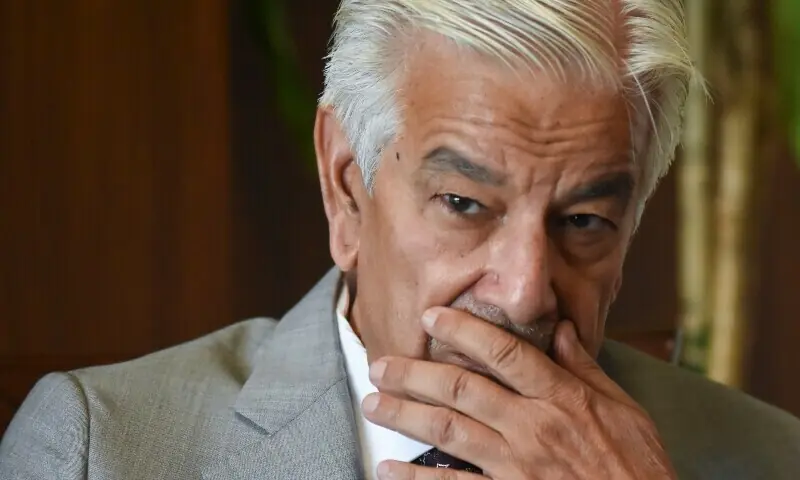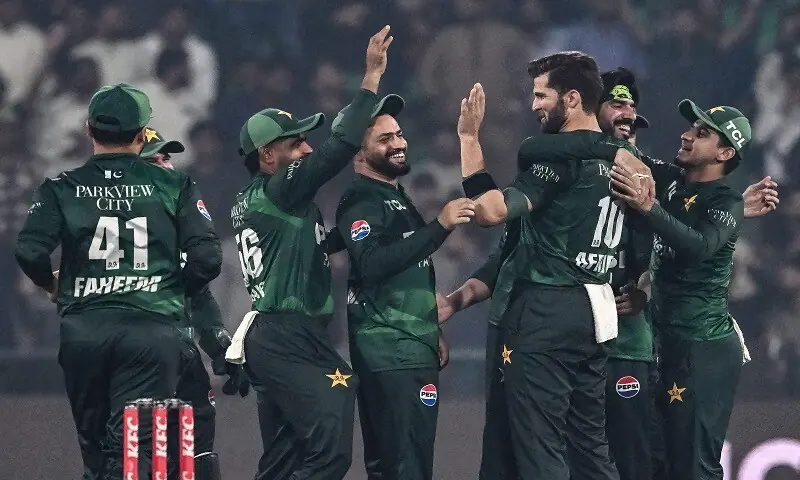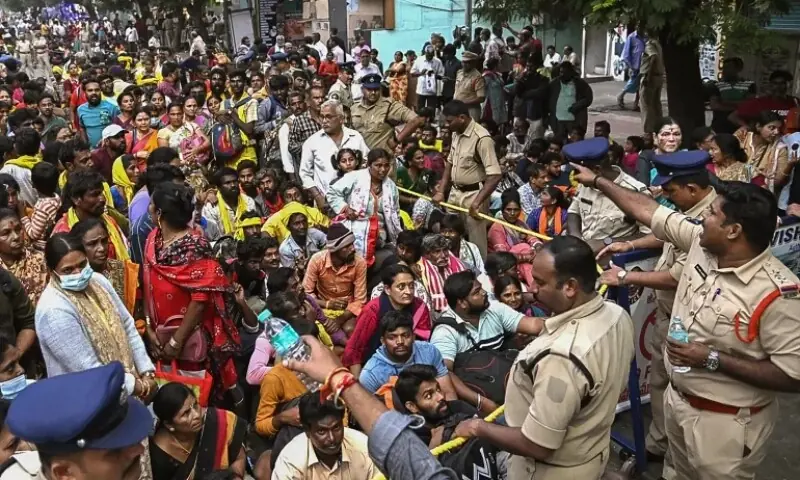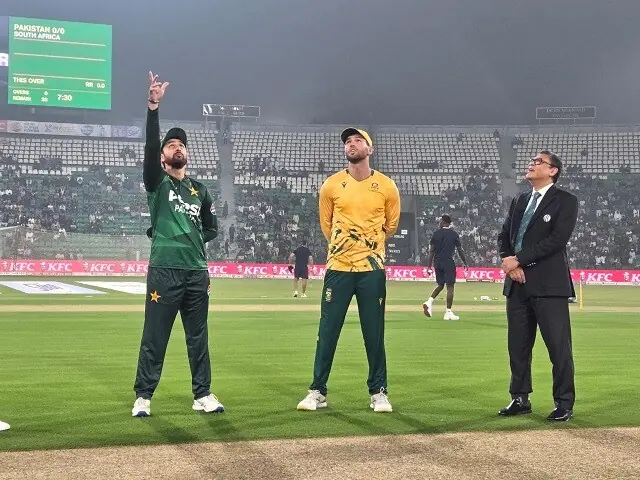Defense Minister Khawaja Asif said on Saturday that India wanted to keep Pakistan busy and engaged on the eastern and western fronts amid tensions with Kabul and New Delhi.
Pakistan and Afghanistan agreed early Friday morning to continue a ceasefire between the two countries after a rapid deterioration in ties and a brief conflict along their shared border last month.
The Istanbul talks followed a sharp escalation of tensions that saw Pakistan launch airstrikes on October 9 against Tehreek-i-Taliban Pakistan shrines in Afghanistan, triggering border clashes on October 11 that continued for days before a ceasefire was formalized in Doha on October 18-19. The Istanbul deal came after days of deadlock that nearly halted the process, with mediators forcing both delegations to return to the table even as the Pakistan team had already begun preparations to return home.
Meanwhile, an uneasy peace persists between Pakistan and India after the May conflict earlier this year that led to a US-brokered ceasefire. Since then, Indian political and military leaders, including heads of military branches, have continued to make aggressive statements, repeating accusations of terrorism that Pakistan has repeatedly refuted and also warning of “geographical shifts” in the course of any future conflict.
“If evidence is needed, then we have it about India’s involvement in terrorism. [in Pakistan] and how he wants to keep us busy on two fronts: the eastern and the western,” said the Minister of Defense while speaking with Geographic news today.
He added that Indian Prime Minister Narendra Modi was “silenced” following the defeat suffered by India during the May conflict and expressed hope that talks with Afghanistan would reach a reasonable conclusion.
“Everyone agrees – the politicians, the establishment and the Pakistani nation – that an immediate solution to the Afghanistan issue is very necessary, which is to completely stop terrorism from Afghan soil,” the minister said, referring to the country’s western neighbor.
Asif said the preferable solution would be for both states to maintain a civilized relationship.
The second round of negotiations with Afghanistan produced a three-point understanding: the continuation of the ceasefire, the establishment of a monitoring and verification mechanism to ensure peace, and sanctions for violations.
The operational details of that mechanism are expected to be finalized when the “principals,” senior representatives of both sides, meet again in Istanbul on Thursday.
Earlier today, Information Minister Attaullah Tarar said a Pakistani fisherman was arrested by the Indian Coast Guard and was forced to perform tasks for the neighboring country’s intelligence agency.
A few days ago, Asif had declared that India was fighting a “low intensity” war against Pakistan from Afghanistan, adding that New Delhi was trying to “settle scores” after facing defeat in the four-day conflict with Islamabad in May.








